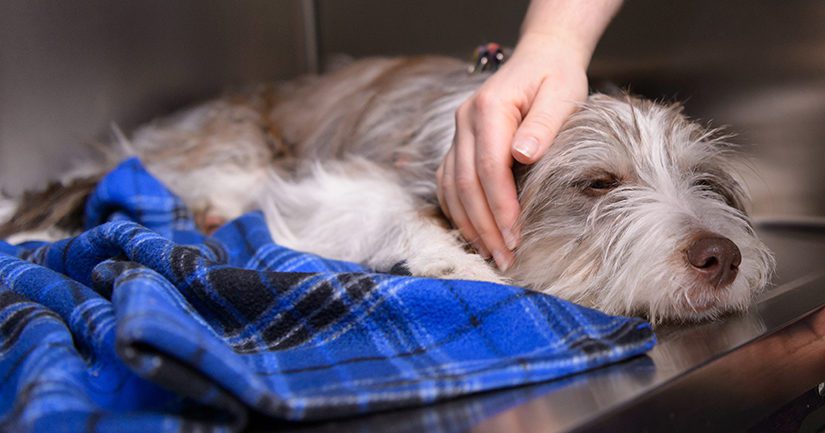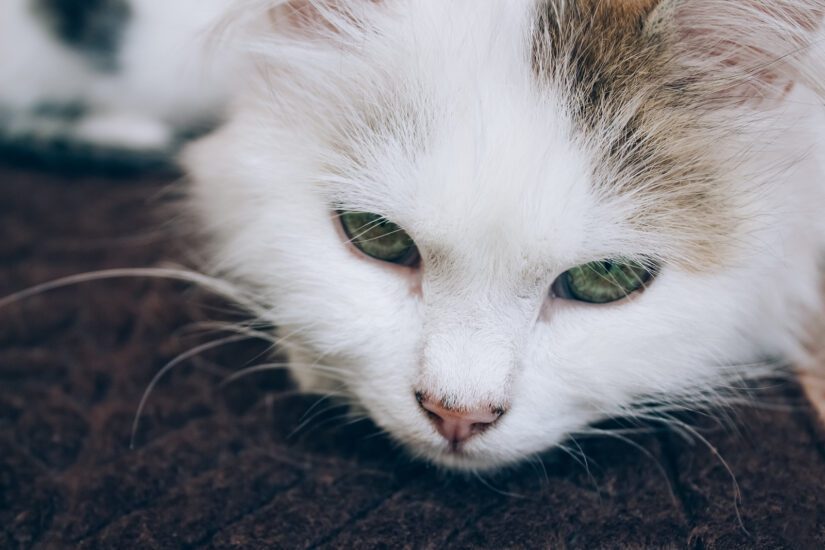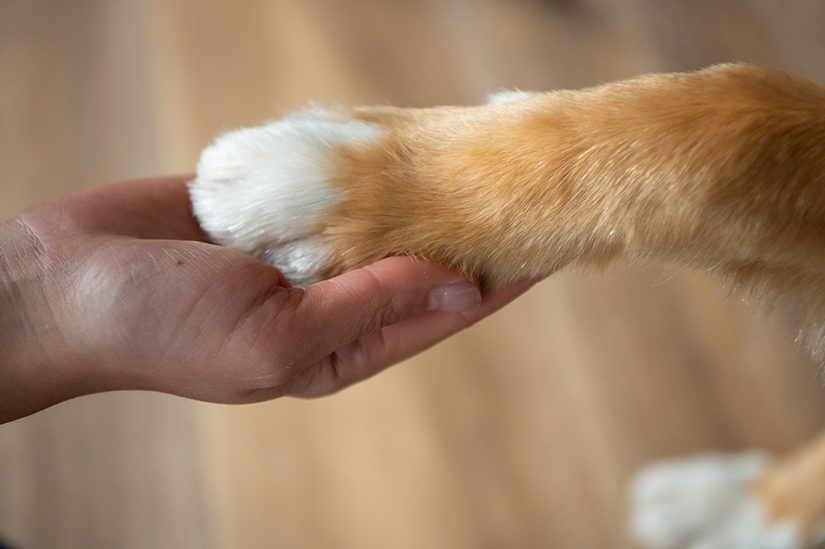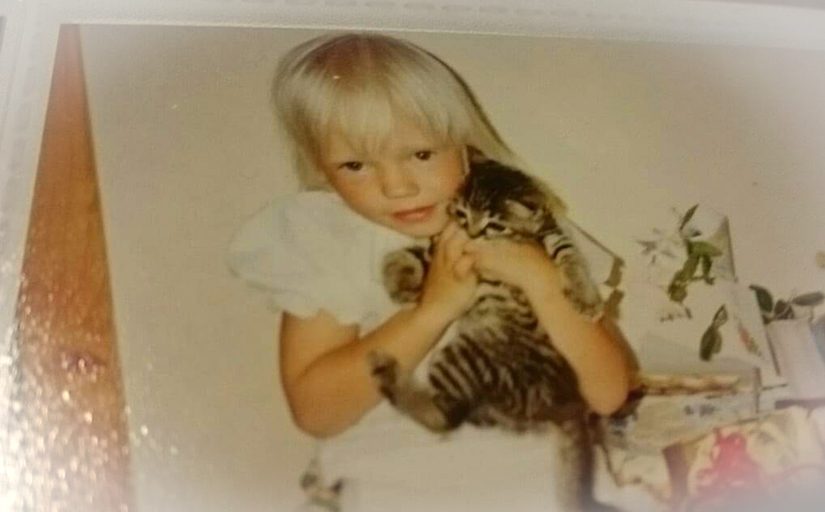After spending years of your lives together the time eventually comes to part ways. It can be difficult to accept that a beloved pet is gone forever. We offer this guide to help pet guardians through a pet’s final days and the grieving process.

Making the decision
Making the decision to end a pet’s suffering is never easy. It is important to be selfless and understand that pets rely on us for everything, including end of life care. Pet guardians can choose to have an in-home euthanasia or make an appointment at a veterinary hospital.
Dr. Kyla Townsend, lead veterinarian at the BC SPCA Vancouver Animal Hospital explains that pet guardians should prioritize quality of life over length of life. “Most owners regret letting go too late versus letting go too early,” Dr. Townsend says. “With terminal diseases where we’re expecting quality of life to slowly deteriorate, it’s better to let them go when they’re having a ‘good day’ rather than after they’ve suffered for weeks.”
Quality of life scales and surveys can help. These tools allow pet guardians to rate their animal’s condition. Does a pet not enjoy the same activities as before? Is the pet trembling or shaking? Does the pet need help to move around normally? These types of questions can help a pet guardian decide when to say goodbye.
Know that it’s normal to wonder if the timing was right and to feel devastated. Studies have shown that 50 per cent of pet guardians will question their decision following euthanasia and 30 per cent will experience significant grief after losing a pet.

The grieving process
When Victoria-based psychotherapist and counsellor Dr. Corrinne Allyson lost her poodle Shanti she went home to an empty house and grieved alone for a long time. Her personal experience of loss motivated her to support others through the grieving process. “I’ve seen people who have grieved the loss of a pet as deeply as someone has grieved the loss of a family member or a friend,” says Dr. Allyson.
There is no way to avoid going through the initial stage of shock and sadness after a pet dies. However, people can benefit from counselling when the loss of a pet brings up unresolved grief from a previous loss. “They may have a very deep reaction to the death of a pet and we find out that actually they haven’t grieved the death of a family member, child or close friend,” she says.
People can struggle to process their grief if they feel guilty about their decision to euthanize their pet. They may blame themselves for failing to prevent an animal from dying in an accident or from becoming severely injured. Dr. Allyson explains that pet guardians may beat themselves up by asking, ‘why didn’t I notice sooner and take him to the vet? This is all my fault because I didn’t do x, y, or z for them.’ A professional can help them work through these issues.
There’s no need to go through the grieving process alone. Seek out the support of friends and family during this difficult time. Join or start a local pet loss support group to share and work through these feelings together.

Ways to remember a pet
A beloved member of the family is gone and it’s unhealthy to continue on with life as if nothing has happened. Dr. Allyson suggests that pet guardians have a celebration of life to remember their pet. “If it is a dog that has died, invite their canine pals and people over, have treats for everyone and share memories of the good times.” They can walk along the same route that they used to walk with their dog in honour of their canine friend.
Jönsson was devastated when her parents told her that Lillemjau was gone. “I kept his blanket with his smell on it in my bed for a very long time. He was my best friend during my childhood. He always slept in my bed and comforted me when I was sad.” Her family often talked about what an amazing cat Lillemjau was and remembered the good times they shared with him.
“Lillemjau will always have a very special place in my heart. He always came running to meet me when I came home from school or practice,” she says. “His spot at the dining table was behind me on the dining bench. Every day he lay there while I was eating or doing my homework. Lillemjau was the most loyal friend anyone could ask for.”

Here are a few suggestions to memorialize a beloved pet:
- Keep pet tags and put them on a key ring.
- Make a donation to an animal welfare organization in the pet’s name.
- Record the happy memories in a journal.
- Create a collage of photographs.
- Write a poem about the pet.
- Plant a memorial tree.
Visit the spot where the pet is buried or place the urn containing their ashes in a central location in the home. Know that furbaby had a wonderful life and was deeply loved.
